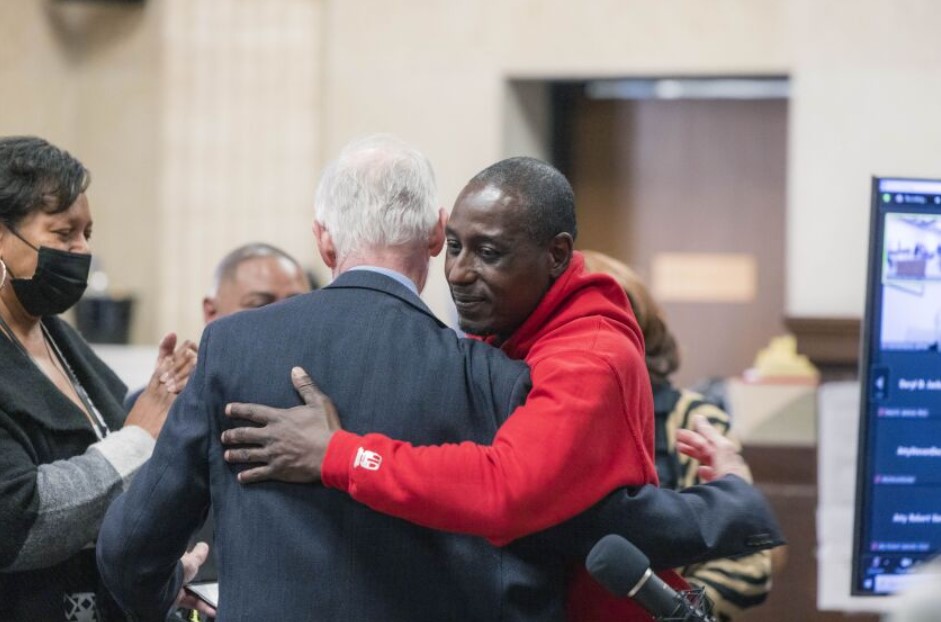In recent years, a paradigm shift has been observed in how society responds to non-violent drug-related offenses. Rehabilitation, empathy, and community reintegration have emerged as powerful tools in transforming lives and enhancing community safety. A shining example of this innovative approach is Judge Charles Burns‘ Rehabilitative Alternative Probation (RAP) Program, a model recognized nationally and culminating in Judge Burns’ recent induction into the Stanley Goldstein Treatment Court Hall of Fame.
Rather than focusing solely on punitive measures, justice systems are now increasingly turning to comprehensive rehabilitation programs. The RAP Program, designed for individuals who have committed non-violent drug-related offenses, is a testament to this. Through the two-year alternative sentencing structure, the RAP Program aims to help participants recover from addiction and reintegrate into the community as sober and transformed individuals.
The program underscores the power of empathy in the process of rehabilitation. Recognizing that each participant has unique needs and challenges, the RAP Program provides gender-specific services. Regular drug and alcohol screens, court appearances, self-help support groups, and other recommended treatments form part of this empathetic approach to help participants on their recovery journey.
Integral to the RAP Program is the principle of community reintegration. Understanding that stable housing, employment, and financial services are critical for participants to fully reintegrate into society, the program has partnered with various community organizations to provide these essential services. The program’s collaboration with the Cook County Housing Authority since 2018, which has provided housing vouchers to participants and graduates, exemplifies this principle. This initiative has been recognized as a national model for addressing housing instability among treatment court participants.
By viewing non-violent drug-related offenses through the lens of rehabilitation, empathy, and community reintegration, the justice system is not only addressing the root causes of addiction but also empowering individuals to build productive, healthier lives. Participants who complete the program can expect their probation to be terminated satisfactorily, their cases dismissed, and their convictions expunged.
The influence of Judge Burns and the RAP Program extends beyond Cook County. The recent induction of Judge Burns into the Stanley Goldstein Treatment Court Hall of Fame by All Rise, a leading organization for treatment courts, is a testament to the profound impact of this alternative approach to justice. As more treatment courts adopt this paradigm, the prospects for individuals struggling with addiction and the communities they are part of become significantly brighter.







